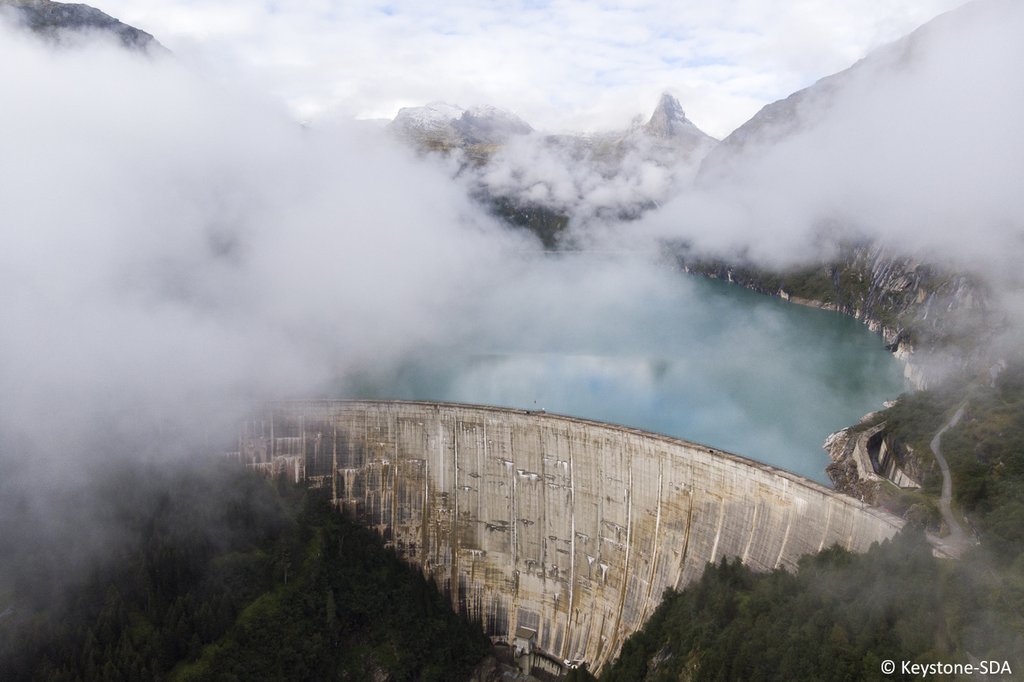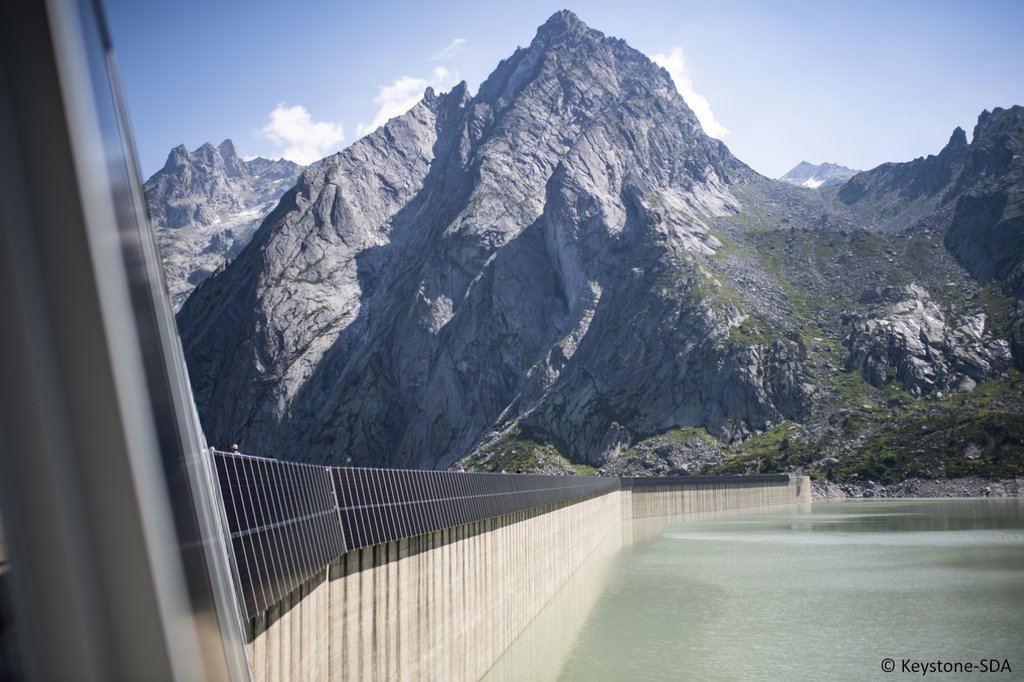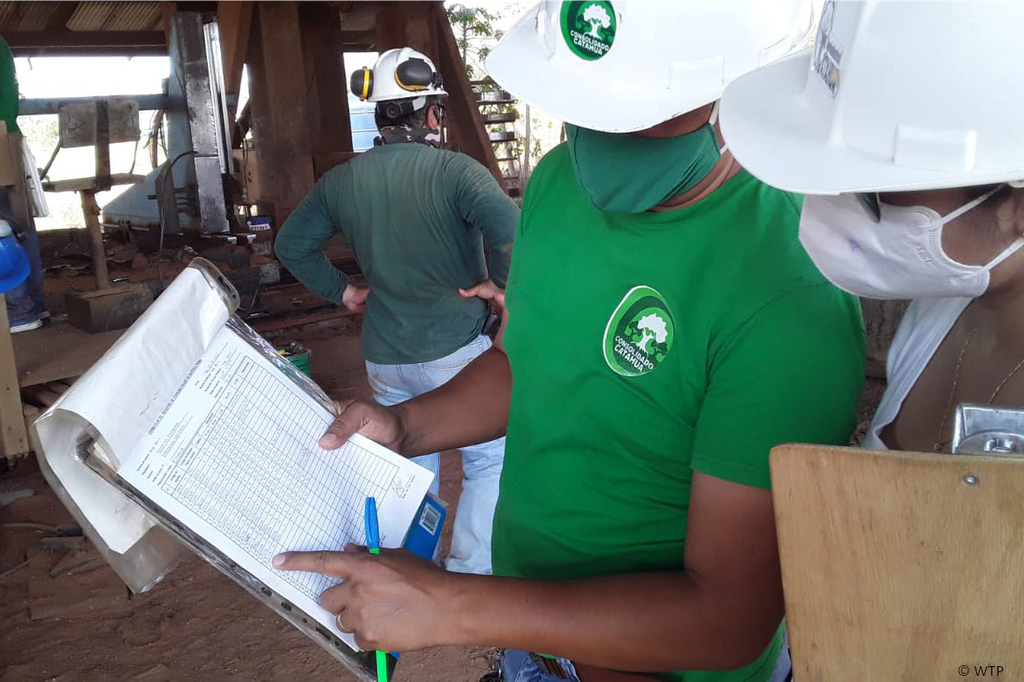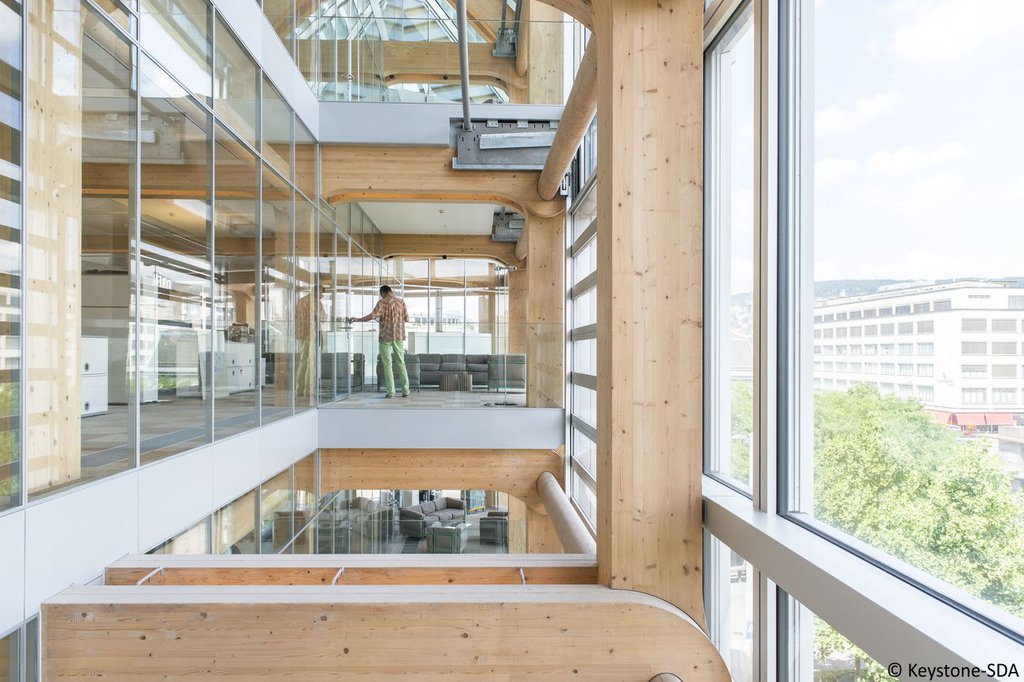The potential of carbon leakage from AI data centre growth
News, Environment and Climate, Energy, Economy | June 18, 2025
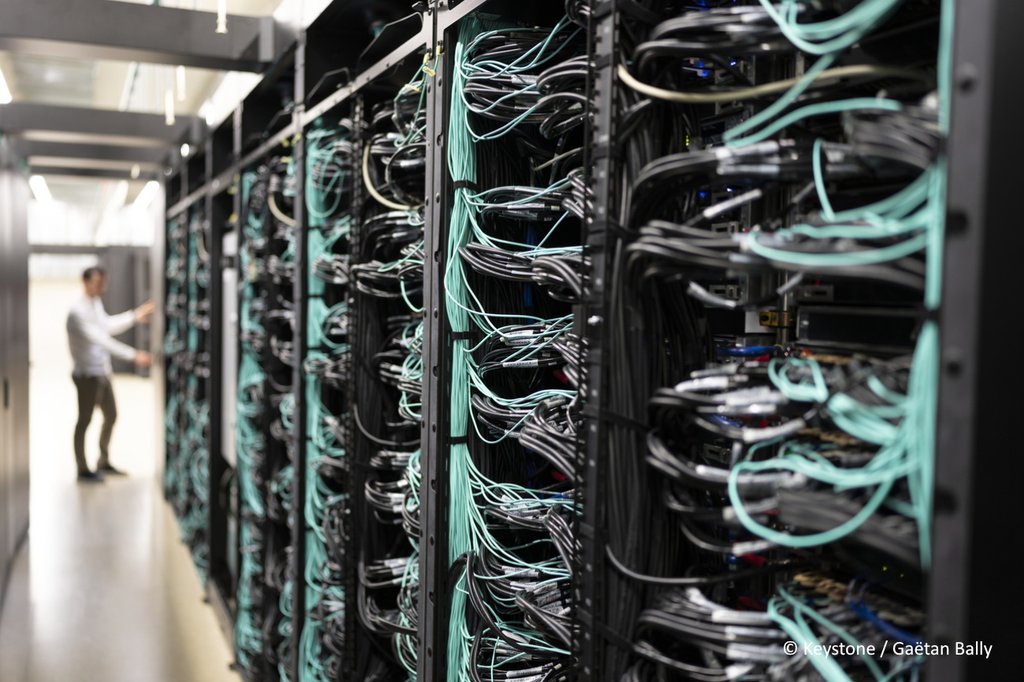
Artificial intelligence consumes a lot of electricity. What if AI data centres move to countries where the price of electricity is lower - because of a lower CO2 price? On behalf of the German Federal Environment Agency, INFRAS has made a first assessment of the global potential of such carbon leakage.



